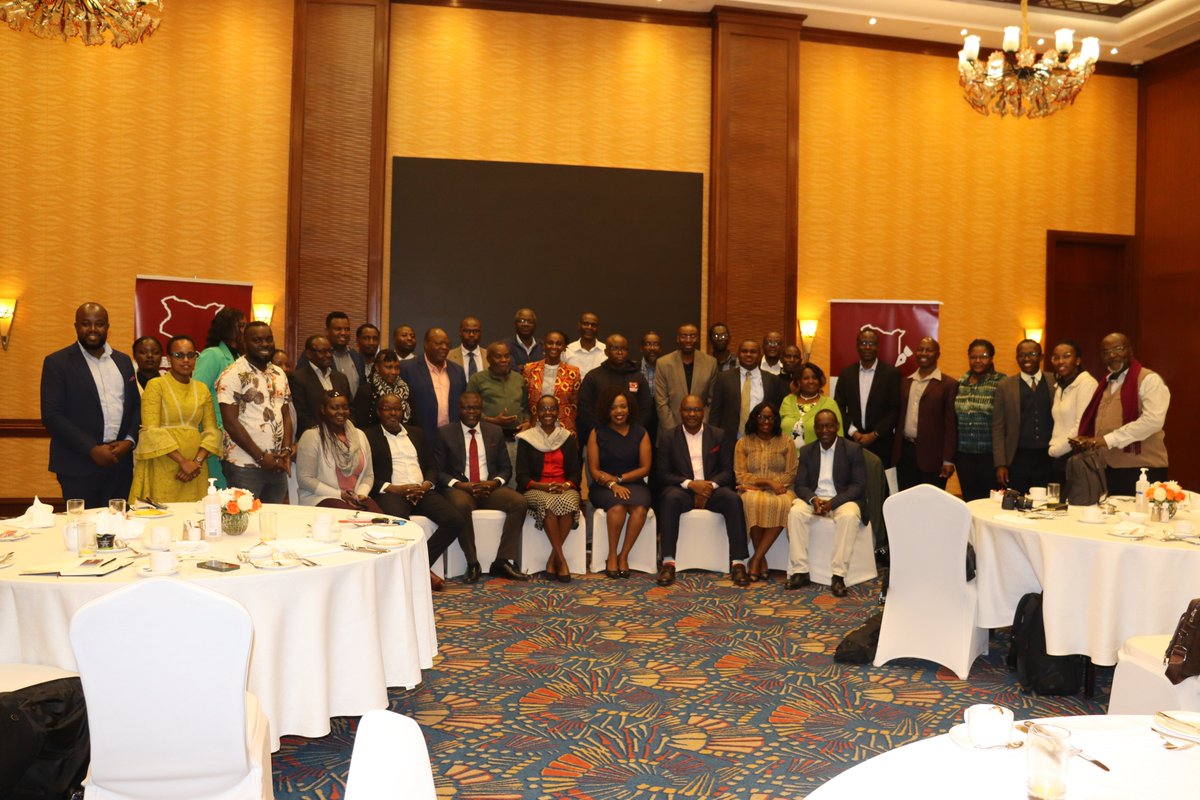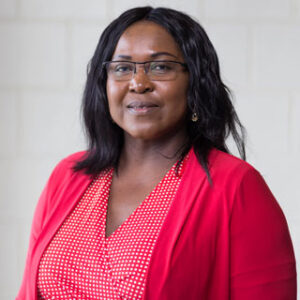
Many countries in Africa, have long been “slow adopters” of gene technologies for several reasons, one being the lack of political good will and mis/disinformation on Biotechnology.
According to Prof. Richard Oduor, Chairman Kenya University Biotechnology Consortium (KUBICO) and Ag registrar research and innovation Kenyatta University, the biotechnology of using the recombinant DNA technology, sometimes referred to as genetic modification (GM), has been exploited in plant breeding for nearly three decades, delivering benefits in terms of pesticide reduction, crops with an improved nutritional profile and with fewer health concerns and crops that provide environmentally sustainable.
“Previously, insulin was extracted from pigs for diabetes treatment, resulting in significant pig fatalities and posing religious concerns. Now, biotechnology enables the production of genetically modified insulin without concerns about its adverse effects on humans.”
He spoke at the Kenya Editors and African Agricultural Technology Foundation (AATF) breakfast briefing on biotechnology awareness at the Serena Hotel, Nairobi. The forum was meant to enhance understanding and reportage of agriculture-biotechnology.
According to Dr Canisius Kanangire, AATF Executive Director, food security remains a significant global concern, and the media role in sharing accurate information is paramount, particularly in the context of agricultural technologies like biotechnology including genetic modification and gene editing.
He said that, “Unfortunately, misinformation and disinformation have clouded public perception, leaving people uncertain about the safety of products of such technologies, specifically genetically modified organisms, or GMOs. This has become more pronounced in Kenya following the Cabinet’s decision to lift the GMO ban and allow for cultivation of GM maize.”
In Kenya, food insecurity is a recurring issue, with 3.2 million Kenyans in the arid and semi-arid regions facing high levels of acute food insecurity as of September 2022 according to the Food Security and Nutrition Analysis Unit (FSNAU), he added.
“AATF is proud to be a player in scientists and media engagements by continuously availing experts to give accurate and reliable information that the media can confidently use to frame stories and educate the public on topics of widespread public interest in agriculture that also require specialized expert knowledge such as GMOs, and other emerging innovations in food production.”
Dr. Kanangire encouraged editors to educate but also to enlighten the public by bringing out the facts that drive knowledge and opinion.
While Abed Kagundu Mathagu Programme Officer – Regulatory Affairs, AATF said that controversies surrounding Genetically modified Organism (GMOs), have tilted policies towards precaution, even prevention of their use in Africa.
He said that countries have a role of ensuring that biotechnology product approval is premised on safety and relevant concerns are addressed through engagements.
Macharia Gaitho, an Independent Journalist and Editorial Consultant challenged scientists to understand how the media works. Saying “If you communicate better and make your case, you will be listened to. Do not descend to shooting the messenger.”
He added that scientist do not know how to communicate with the masses since they are too technical asking them to always give information that is simple and easy to understand.
This article was originally published in Health Business.


































































